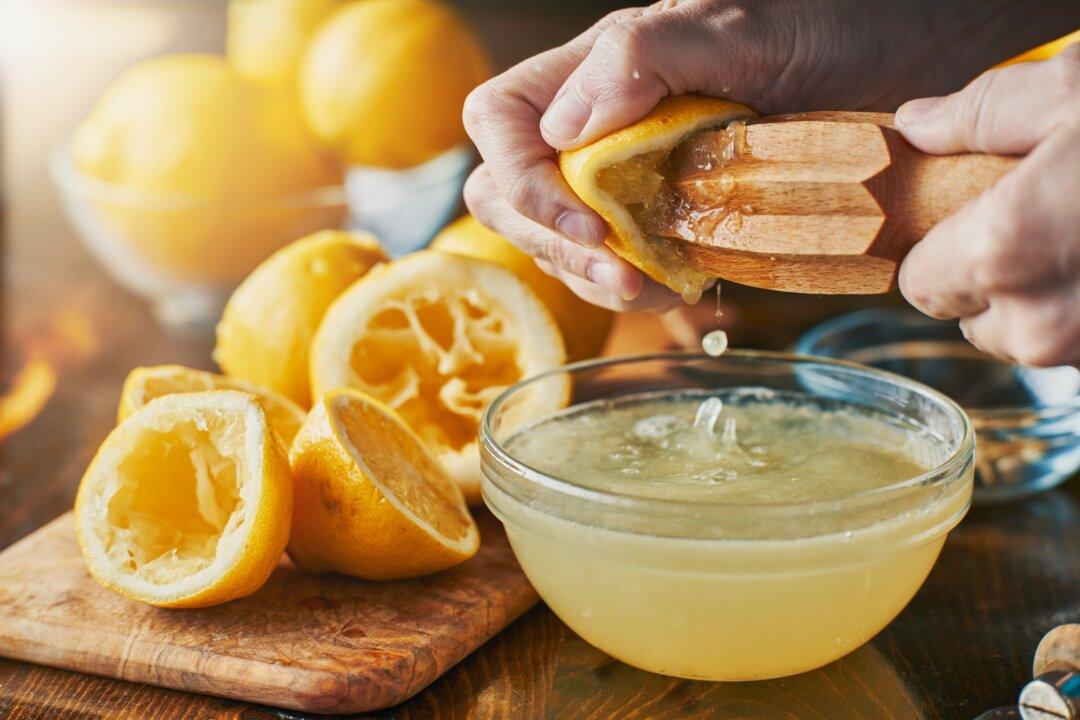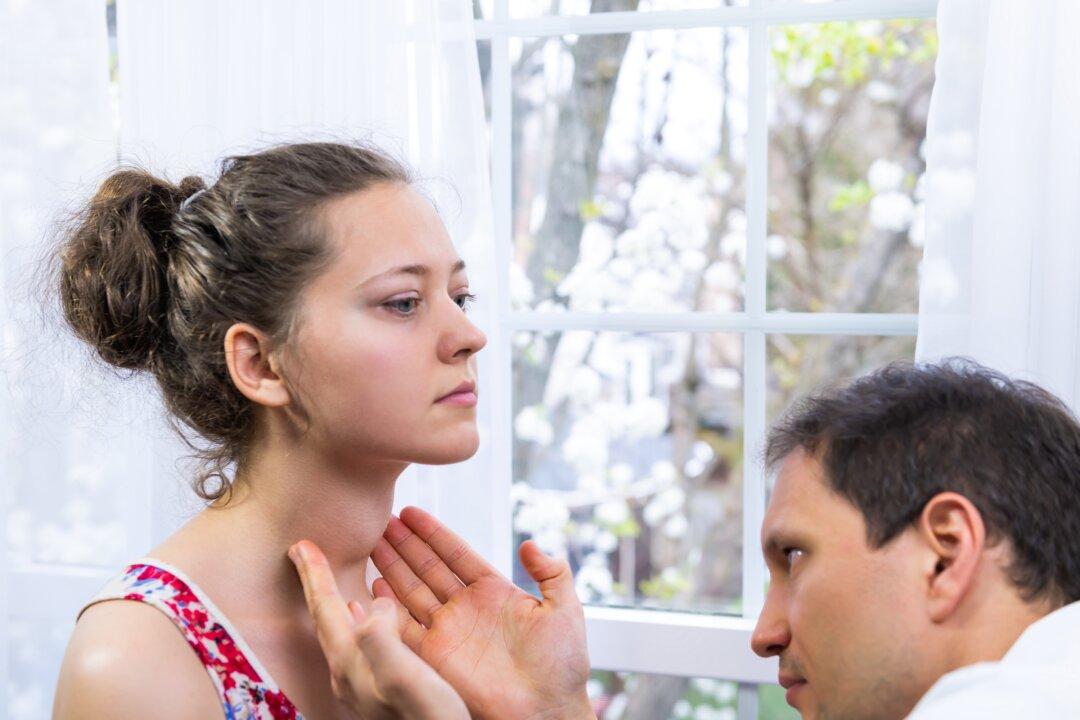Kidney stones are a familiar condition involving crystals forming within the kidneys, affecting some 12 percent of the global population. They have affected humans since at least 4,000 B.C., surfacing as the most common disease of the urinary tract.
Recurring stone formation has been linked to a number of chronic diseases, including end-stage renal failure, heart disease, diabetes, and high blood pressure. Kidney stones have even been considered a systemic condition linked to metabolic syndrome.





